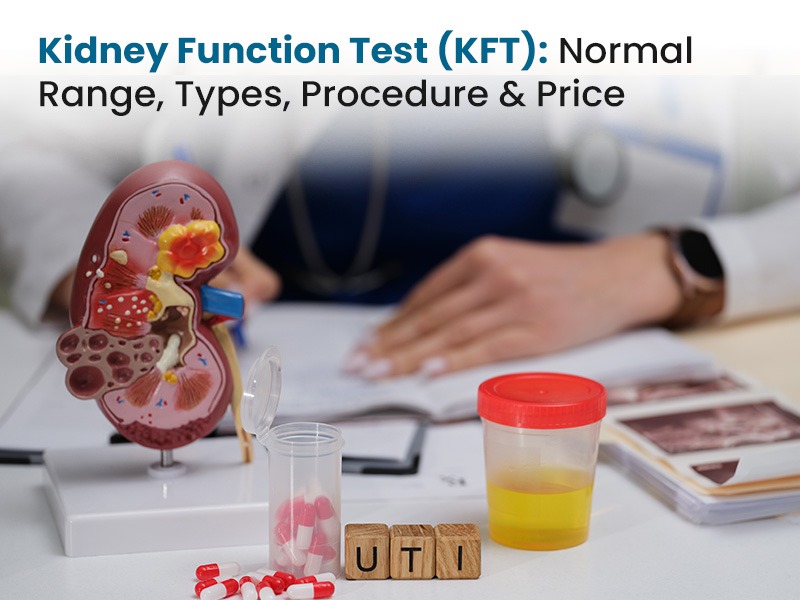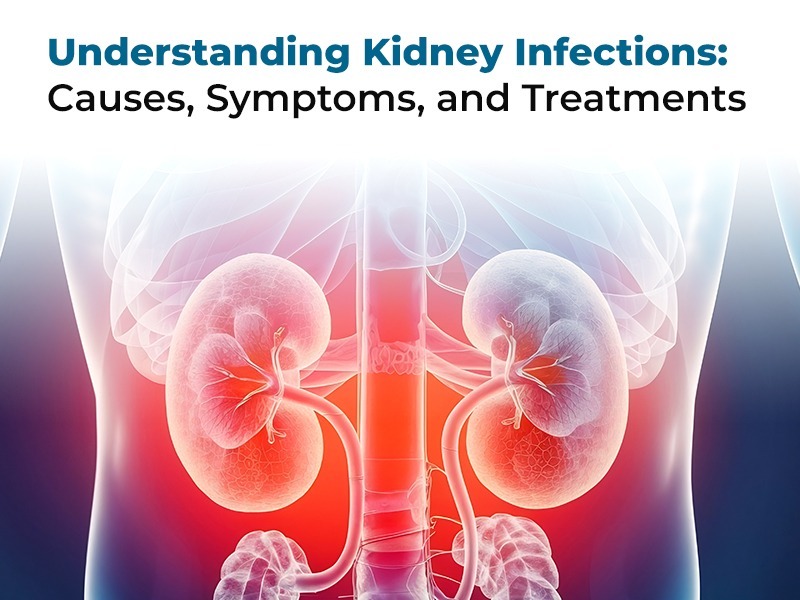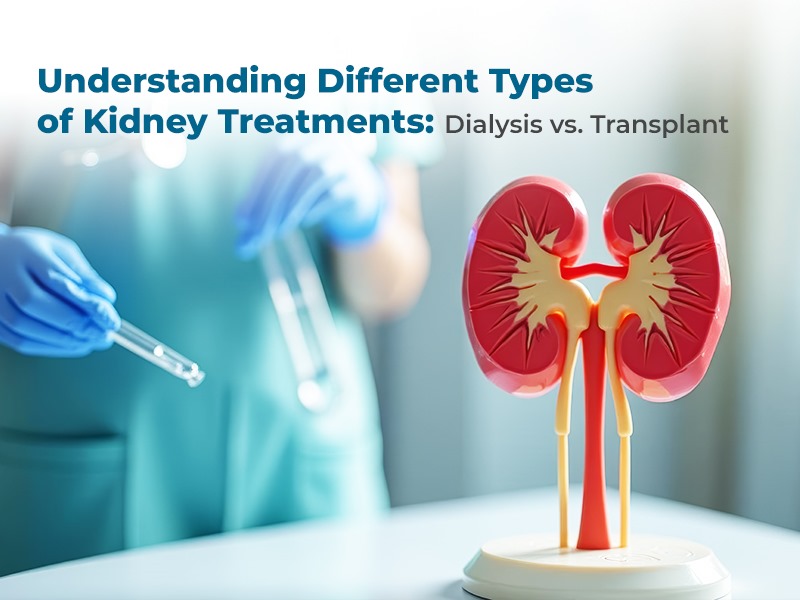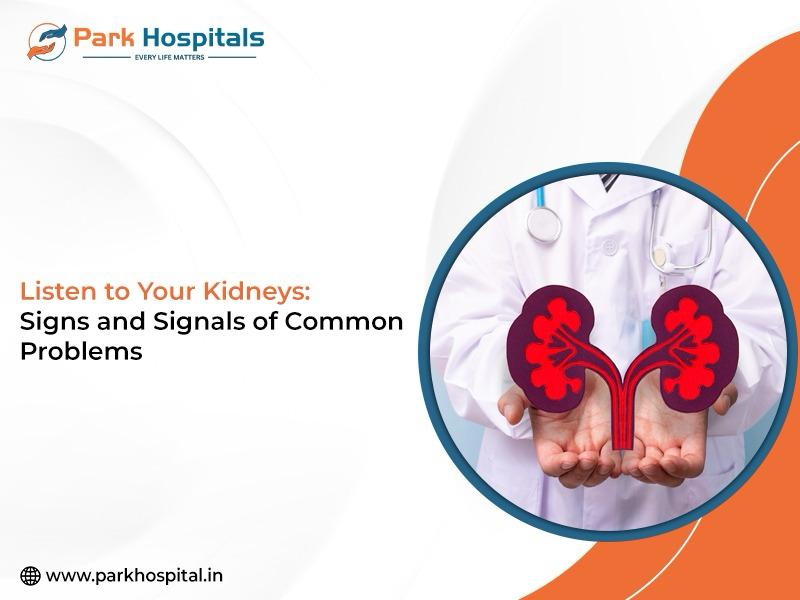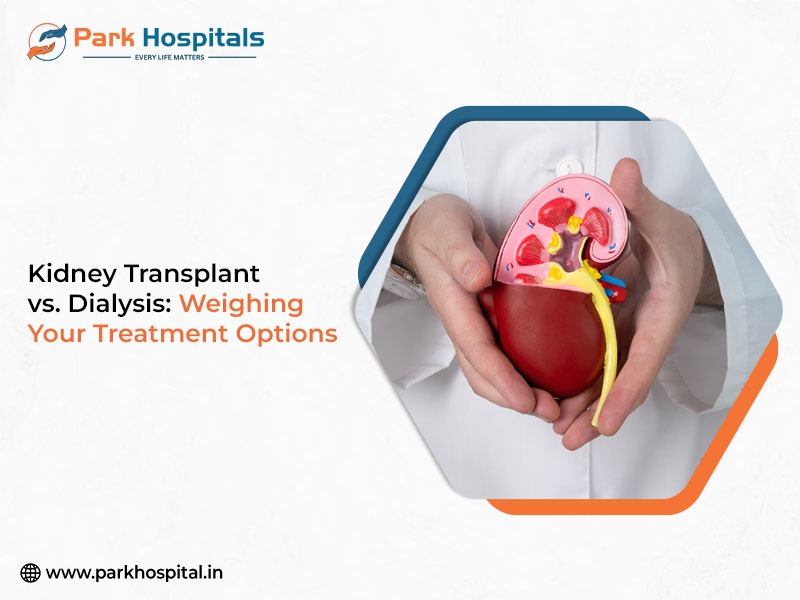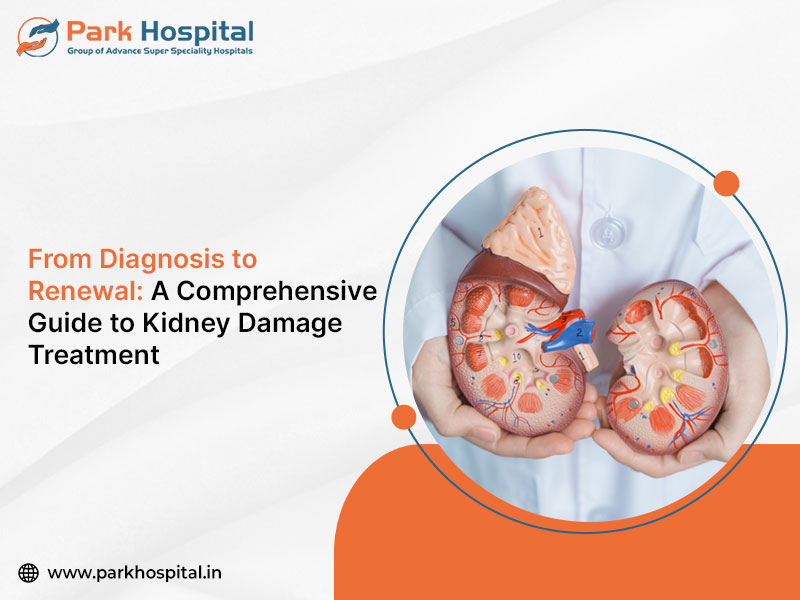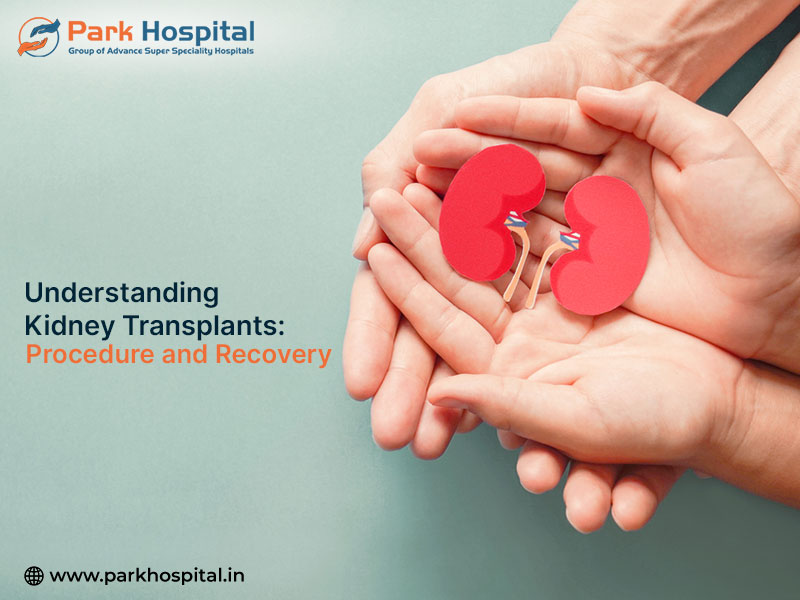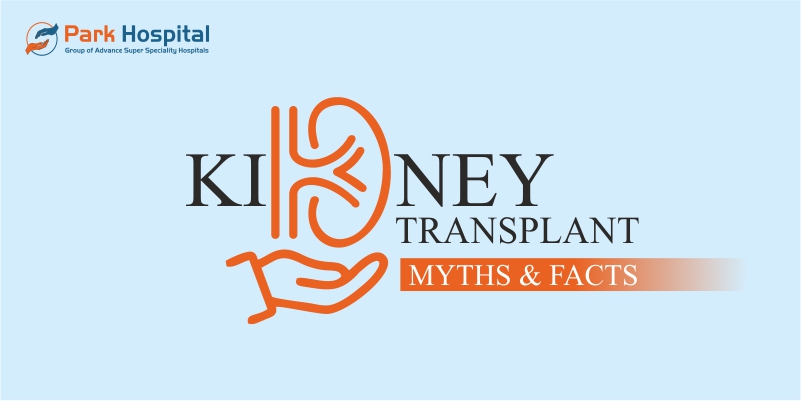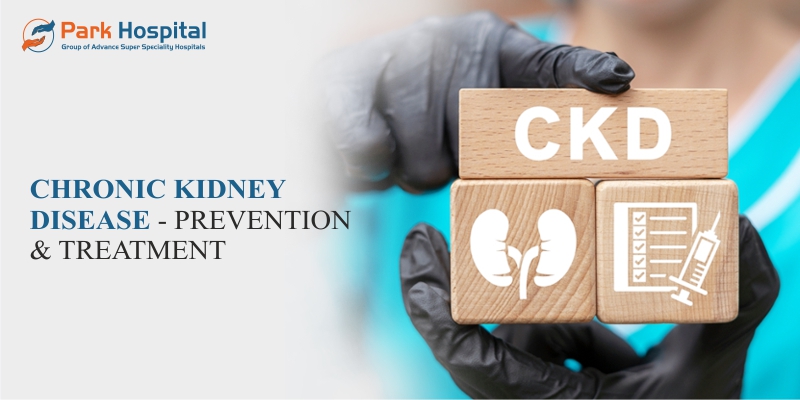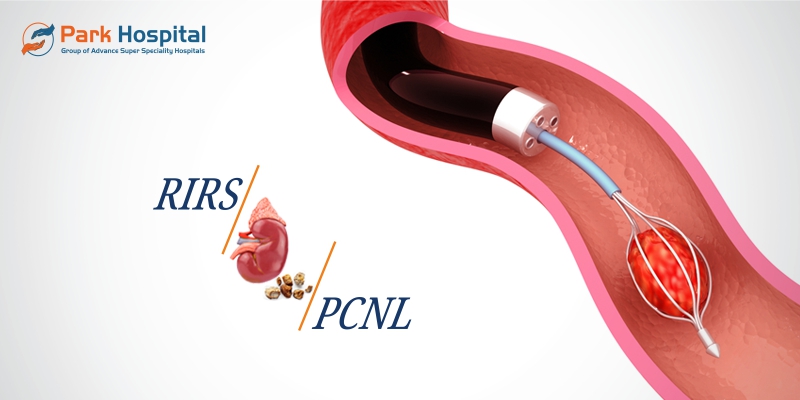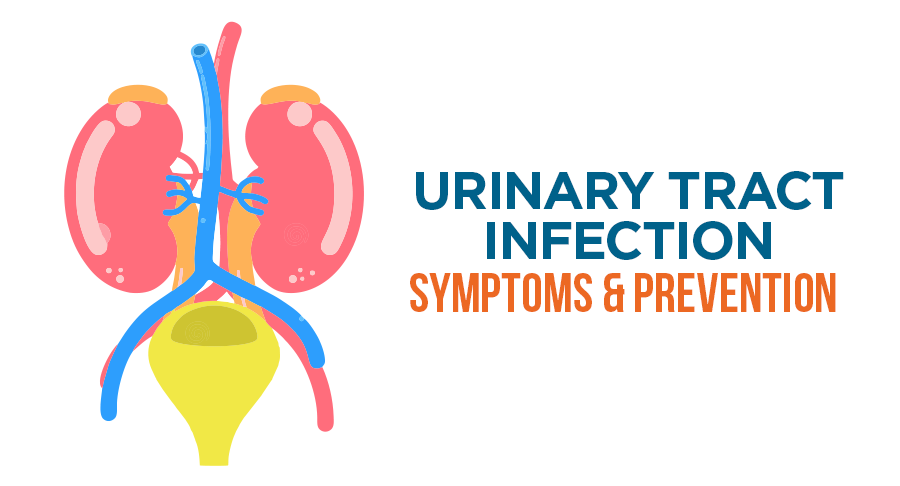Your kidneys filter waste, balance fluids, and keep your body healthy. But how do you know if they are working well? Almost over 10% of people worldwide live with some form of kidney disease, and at times, they do not even know about it. This is where a Kidney Function Test (KFT) can give you clear answers. You can catch small problems before they become serious health issues. So, keep reading to learn what a renal function test is, what the KFT test normal range is, and what to expect in terms of cost.
What Different Components Does the Kidney Function Test Check?
A standard KFT test includes several parameters that reflect kidney efficiency:
Serum Creatinine Test: Measures creatinine levels to evaluate filtration rate.
Blood Urea Nitrogen (BUN) Test: Assesses urea nitrogen levels to detect waste buildup.
Uric Acid Test: Checks uric acid accumulation, which can indicate poor filtration.
Estimated Glomerular Filtration Rate (eGFR): Calculates kidney filtering capacity using creatinine levels.
Electrolyte Test (Na⁺, K⁺, Cl⁻): Evaluates fluid and electrolyte balance.
Some labs also offer packages to give you the LFT KFT test normal ranges together..
KFT Test Normal Range
Below is the KFT normal range chart. It mentions commonly accepted values used across diagnostic labs:
Note: Normal KFT values vary slightly between laboratories.
How Is a KFT Done?
The KFT procedure is simple and quick.
A small blood sample is drawn from your arm.
Some tests may also require a 24-hour urine sample for accuracy.
You may need to fast for 8–12 hours before the test, depending on your doctor’s advice.
Results are usually available within 24 hours.
When Should You Get a Kidney Function Test?
You should consider a renal function test if you experience:
Persistent swelling in the ankles or around the eyes
Unexplained fatigue or nausea
Reduced urine output
High blood pressure or diabetes
Kidney Function Test Price: Easy to Afford
The kidney function test price is quite affordable across India. Prices vary by location and lab. Many facilities now offer home sample collection. You can get tested even with a busy schedule or limited mobility. The cost of this test is small compared to treating serious kidney disease later.
Protect Your Kidneys With Effective Care at the Right Hospital!
Your kidneys need care before problems start. You might manage diabetes, deal with high blood pressure, or just want to stay healthy. A Kidney Function Test gives you clear answers about your kidney health. At Park Hospital, our nephrology experts offer advanced kidney care. Get the right tips for early management and a specialised treatment plan for severe cases. Book your consultation with us right away!
Also Read: One Sided Back Pain: Could It Be a Sign of Kidney Stones?
FAQs
1. What is a Kidney Function Test (KFT) and why is it done?
A KFT is a combination of blood and/or urine tests that measure how well your kidneys filter waste and maintain fluid/electrolyte balance. It’s done to detect kidney problems early, monitor existing conditions, and guide treatment.
2. What are the normal ranges for a Kidney Function Test?
Normal ranges vary by marker and by lab, but for adults: BUN around 7-20 mg/dL, serum creatinine ~0.6-1.2 mg/dL (men) / ~0.5-1.1 mg/dL (women), eGFR above 90 mL/min/1.73 m². Always reach out to your physician to get the right interpretation.
3. What are the main types of kidney function tests?
The main types are: (i) blood tests (BUN, creatinine, eGFR), (ii) urine tests (albumin/creatinine ratio, 24-hour urine clearance), and (iii) sometimes imaging or structural tests if needed.
4. Do I need a doctor’s prescription for a KFT test?
In many places, you’ll need a doctor’s referral or prescription, but some diagnostic centres may allow direct booking of standard screening tests. Always check with the lab in your region.
5. Can I do a KFT at home with a sample collection?
Yes. Most labs now offer home-visit sample collection for the blood and urine parts of the KFT. The actual interpretation still happens in the lab and via a doctor.

